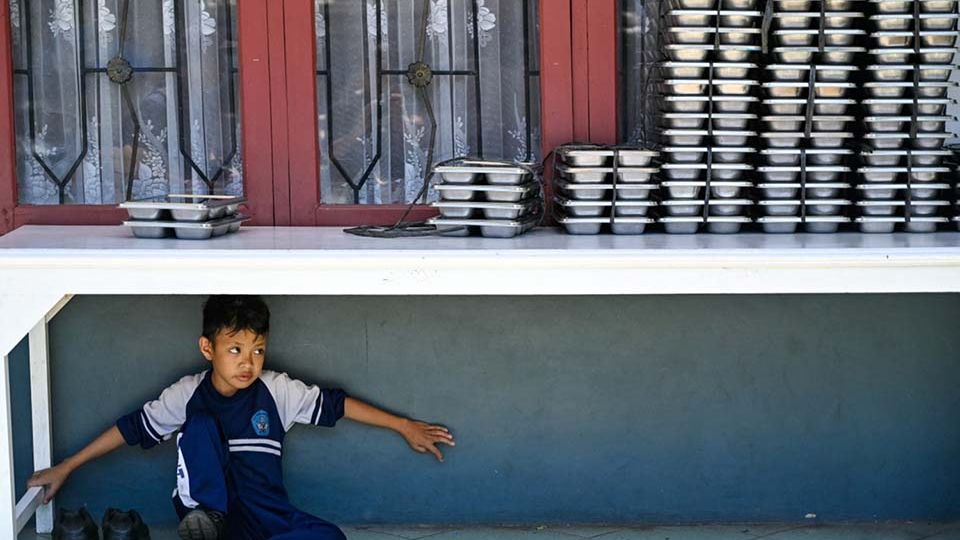November 27, 2025
JAKARTA – The death of a 13-year-old junior high school student in South Tangerang, Banten, last week marks yet another bleak moment for Indonesia’s education system.
According to his family, the seventh grader, identified only as MH, had been subjected to relentless bullying since he entered the school in July. That abuse allegedly culminated in a fatal attack in which a classmate struck him on the head with an iron chair.
Tragically, MH’s story is not an anomaly. He is reportedly the sixth Indonesian student this year to die from violent bullying at school, with some victims as young as eight years old.
Worse yet, the crisis has evolved beyond the immediate harm inflicted on victims; it is now driving some desperate students toward violent retaliation.
Just days before MH’s death, police detained a student at state senior high school SMAN 72 Kelapa Gading in North Jakarta for allegedly planting explosives on school grounds, reportedly injuring 94 people. Media reports suggest the student had long endured bullying and repeatedly sought help from teachers, only to be ignored.
Earlier this month, Banda Aceh police also arrested a student from a local Islamic boarding school for allegedly setting fire to his dormitory. He told investigators he committed the arson to avenge his bullies.
These incidents reveal a systemic crisis, exposing how our education system is failing in its most fundamental duty: protecting the children in its care. Understandably, parents across the country are calling on the government to take stronger, more effective measures to ensure schools remain safe spaces for learning.
Primary and Secondary Education Minister Abdul Mu’ti has announced plans to establish anti-bullying teams in every school. These teams will consist of at least three members, including teachers and parents, and will operate under a regional task force comprising officials from education, social affairs and child protection agencies. He also intends to train teachers in basic counseling and appoint student “anti-bullying ambassadors.”
While these steps appear promising on paper, they fail to address the root causes of a complex, deeply rooted problem. Bullying arises from a convergence of factors, including individual traits, family environments, school culture, limited mental health support and broader societal norms.
Addressing such a multifaceted issue requires a comprehensive, evidence-based strategy. The government should look to proven models, such as the KiVa Anti-Bullying Program, the Olweus Bullying Prevention Program and the Second Step Bullying Prevention Unit, and adapt them to the Indonesian context.
Backed by extensive research, these programs have consistently been shown to reduce victimization. Their approach is holistic: regular classroom lessons that build empathy and emotional regulation; training for students to recognize and safely report bullying; comprehensive staff training to prevent and respond to incidents and practical guidance to help parents support their children at home.
In addition to school counselors, students across the country must have access to free, qualified mental health professionals, support that is essential for both early intervention and long-term well-being.
Beyond the school gates, Indonesia urgently needs a comprehensive anti-bullying law. At present, we lack specific regulations governing bullying, leaving victims and their families without adequate protection or recourse. Any new legislation must go beyond punishment, it should mandate preventive measures, establish clear support systems for victims and ensure accountability at both the institutional and individual levels.
Parents, too, must play a more active role. In an age where children are exposed to violent content online, monitoring media consumption and guiding children in emotional regulation is more important now than ever.
Finally, as a society, we must confront an uncomfortable truth: Children imitate what they see. When violence is normalized as a way to resolve conflict, they absorb that lesson. The cycle of bullying will continue to thrive unless we collectively model empathy, respect and nonviolent conflict resolution for the next generation.


